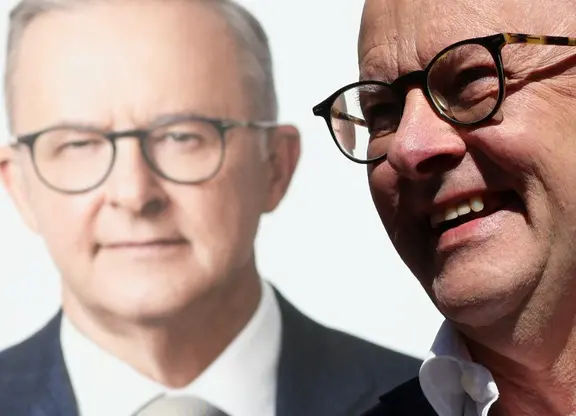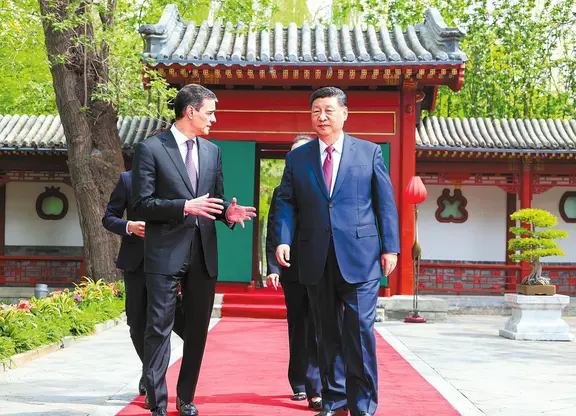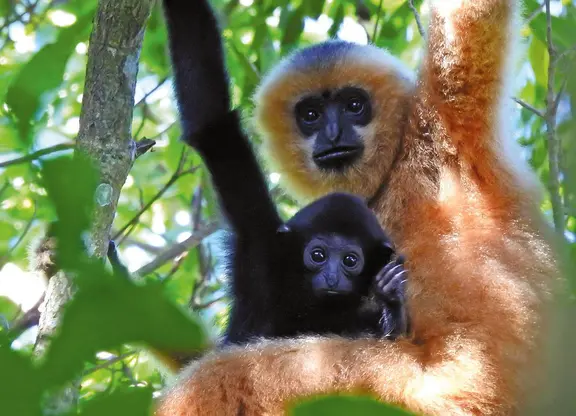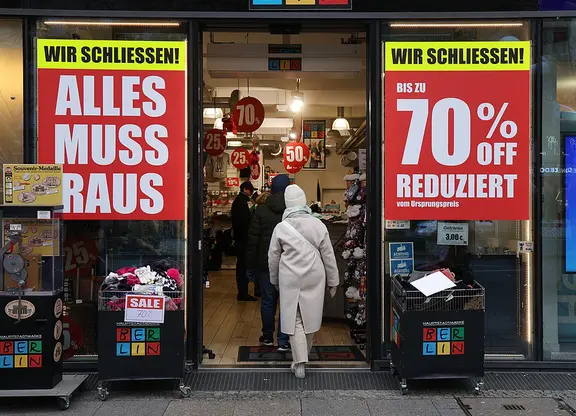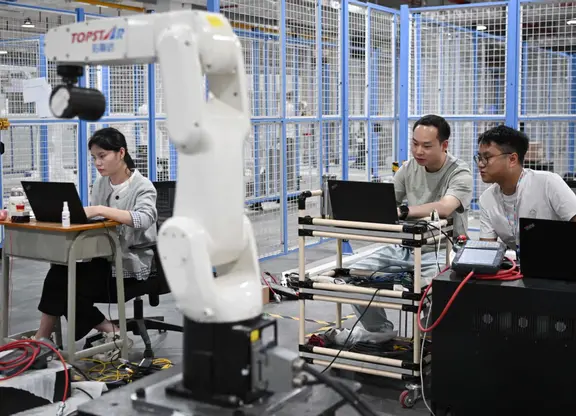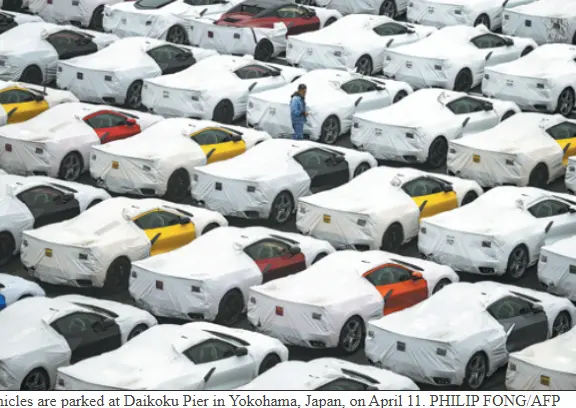By APD writer Alice
The Covid-19 pandemic has forced more people to stay at home, leading to a gradual change in consumption patterns and ways of shopping and working. It has placed many businesses in the world in difficulties, but also helped some startups attract billions of US dollars in investment thanks to their business models that meet the needs of customers.
In Southeast Asia, Carousell, a Singaporean smartphone and web-based consumer to consumer and business to consumer marketplace, is on its way to becoming one of the new unicorns (startups valued at over $1 billion). The company's value rose to more than $900 million after it raised $80 million last month.
Quek Siu Rui, Carousell co-founder and chief executive officer, said the new investment was a huge boost at a time when many startups struggled with the effects of the Covid-19 pandemic.
The company's goal is to consolidate its leading position in the online classifieds market in Southeast Asia and make a profit in the next 3-4 years. One of the ways to achieve this goal is to invest in technology talents who are becoming scarce in the region due to the impact of the epidemic.
Like other online classifieds platforms, the idea behind Carousell is simple: Users take pictures of the things they want to sell and post them along with related details on the platform for potential buyers to see and select.

Experts say the pandemic has forced more people to stay at home, leading to a gradual change in consumption patterns. Shoppers turn more to e-commerce, giving companies like Carousell the chance to tap the Internet economy in Southeast Asia, which is projected to have a value of $300 billion in 2025.
Transactions worth more than a billion USD were made on the Carousell platform from February to June this year, according to Quek, many people turn to used goods to improve the experience of working from distance, including the purchase of more electronics and furniture products.
As more people are at home, one of the company’s strategic focus in late 2020 and the whole 2021 is service classifieds, he said, adding that this model meets demand for family services like plumbing, home cleaning and air conditioning maintenance. Ultimately, Carousell's goal is to make the buying and selling of used goods as easy as possible.
Many used goods, including cars, were bought and sold online during the Covid-19 time through the platform of startup company Cazoo. This company was established in 2018 and became a "unicorn" in June 2020 in a record fast time in the UK (after 18 months). Its value just more than doubled to £2 billion thanks to its latest round of fundraising worth £240 million.
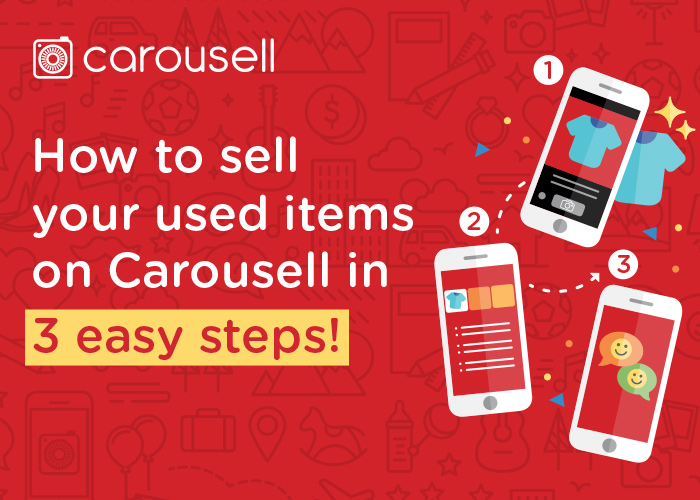
Cazoo's used-car e-commerce platform just went into operation in December 2019 but has already reached sales of more than £100 million. This firm specializes in buying and refurbishing used cars, selling them online and delivering them to buyers' doors anywhere in the UK.
The entire delivery process is completely free and sometimes takes only 72 hours. The company said it sells thousands of cars a month and is betting on the Covid-19 era's e-commerce boom to continue its growth.
Alex Chesterman, the company's founder, said that the used car market is the largest single retail market in the UK in value (more than £50 billion per year). He is confident that consumers will turn to buying used cars online instead of going to car dealerships. The aforementioned new investment shows that investors seem to agree with his statement, as well as feel that the Cazoo service contributes to preventing the spread of the disease.
Cloud communication platform MessageBird (the Netherlands) is also one of the companies benefiting from the increase in demand as the Covid-19 pandemic accelerates the shift to online services. The company, launched in 2011, said it had raised $200 million in capital, giving them a valuation of $3 billion.

MessageBird helps businesses communicate with consumers through voice, text messages and many chat applications on a single platform. The company said it has more than 15,000 customers around the world, including large corporations such as Lufthansa, SAP, and Uber. Robert Vis, founder and CEO of MessageBird, said the new investment will be used for recruiting more employees and for acquisitions.
Some experts forecast that there are more companies planning to use a single communication platform like MessageBird's. A recent study by Juniper Research shows that the services market as a communication platform is expected to reach $7 billion this year and rise to $25 billion by 2025.
In addition to accelerating the shift to clouding, Covid-19 has also forced many people to work from home instead of going to the office. It is not surprising that MessageBird recently issued a new policy that allows employees to "work from anywhere".
According to Robert Vis, this policy helps his company recruit talent anywhere, brings in a work-life balance, as well as reduces negative impacts on the environment.
(ASIA PACIFIC DAILY)
 简体中文
简体中文



